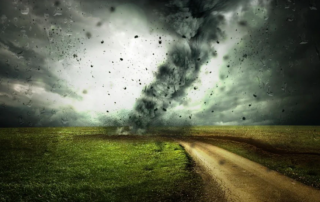Climate Change Presents Skewed Vulnerabilities and The Ethical Imperative
The discourse around climate change is often spiced by vested interests, denial, skepticism, exaggeration and inertia. Even in rare constructive moments, the discussions are primarily limited to factual and technical analysis. This overriding focus on supposedly “objective” parameters only serves to blunt the effectiveness of our responses.
The European Science Foundation’s recently completed Responses to Environmental

